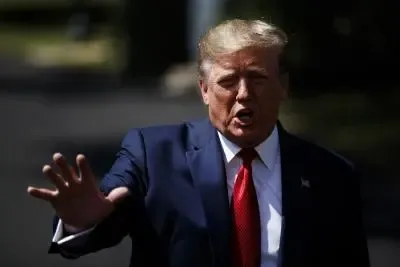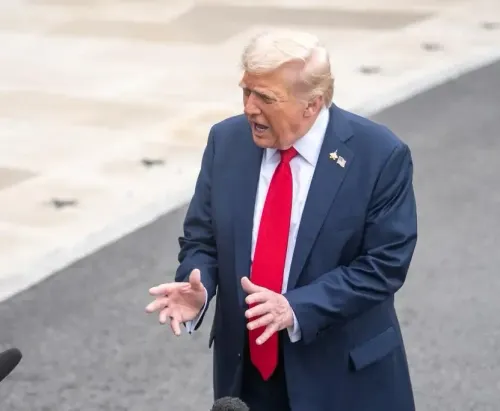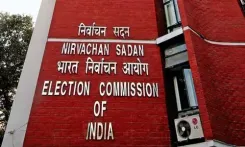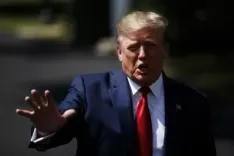Has Trump's Endorsement of Pakistan Undermined the US-India Partnership?
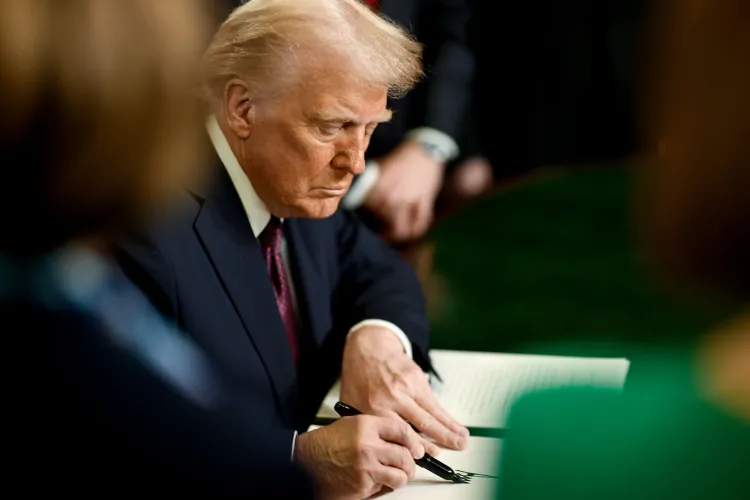
Synopsis
Key Takeaways
- Trump's endorsement of Pakistan has weakened US-India relations.
- The ICPS report highlights significant diplomatic concerns.
- China's evolving stance towards India signals changing regional dynamics.
- General Munir's threats raise alarms about nuclear tensions in the region.
- India remains crucial for US strategy against China.
Washington, Aug 14 (NationPress) The strategy of US President Donald Trump towards India, along with his consistent support for Pakistan, has severely affected the India-US relations that have been carefully cultivated over the past twenty years, according to a report released on Thursday.
This development has inflicted considerable harm on what was once recognized as a “defining partnership of the 21st century.” The report from the International Centre for Peace Studies (ICPS) indicates that Trump’s actions went beyond mere tariffs as he “repeatedly and deliberately” challenged India’s fundamental national security issues, particularly concerning Kashmir, targeting its most critical aspects.
“Past US administrations—from Bill Clinton’s second term to George W. Bush and Barack Obama—made significant investments in fostering strategic trust with India. They largely respected India’s boundaries regarding Kashmir and avoided actions that could empower Pakistan. In sharp contrast, Trump has openly lauded Pakistan, strengthened its military leadership, undermined India’s regional reputation, and diminished its global fight against cross-border terrorism,” the report highlighted.
The United States has recently allowed Pakistan’s Chief of Army Staff General Asim Munir to make nuclear threats against India, signaling a drastic and unprecedented decline in Washington-New Delhi relations.
“By consistently endorsing Pakistan and neglecting India’s fundamental concerns, Trump has dismantled two decades of mutual trust, equating this setback to a return to Cold War-era distrust and strategic estrangement,” a senior Indian diplomat noted in the report.
The report further stressed that the reckless and confrontational remarks made on American soil must be taken seriously, especially the nuclear threat, wherein Munir claimed that Pakistan is a nuclear nation prepared to “take half the world down with us.” Such alarming declarations not only reveal Pakistan’s hostile intent but also the strategic confidence it has gained from recent US support.
The report also pointed out that amid current diplomatic activities, Beijing has adopted a noticeably softer stance towards India, which should serve as a clear warning to Washington.
“The change in tone has been reinforced by the Chinese Foreign Ministry’s criticism of US tariffs on Indian products, cautioning that ‘if you give a bully an inch, he will take a mile’—a statement echoed across state-controlled media to depict Trump’s trade approach as unreasonable and strategically flawed,” the report emphasized.
Following the imposition of significant tariffs on India by the US, Chinese state media has shown notable respect and urgency in welcoming Prime Minister Modi for his upcoming visit.
Beijing’s rhetoric has evolved, with the Chinese state-run newspaper Global Times highlighting that “as regional powers, China and India share extensive common interests in areas like counterterrorism, trade, and cultural exchange,” and emphasizing that “a healthy China–India relationship yields positive outcomes for both the region and the world.”
According to the ICPS report, the US must recognize that undermining India does not bolster Washington’s position; it merely strengthens its adversaries. Every significant US strategic document underscores India’s role in counterbalancing China in the Indo-Pacific.

